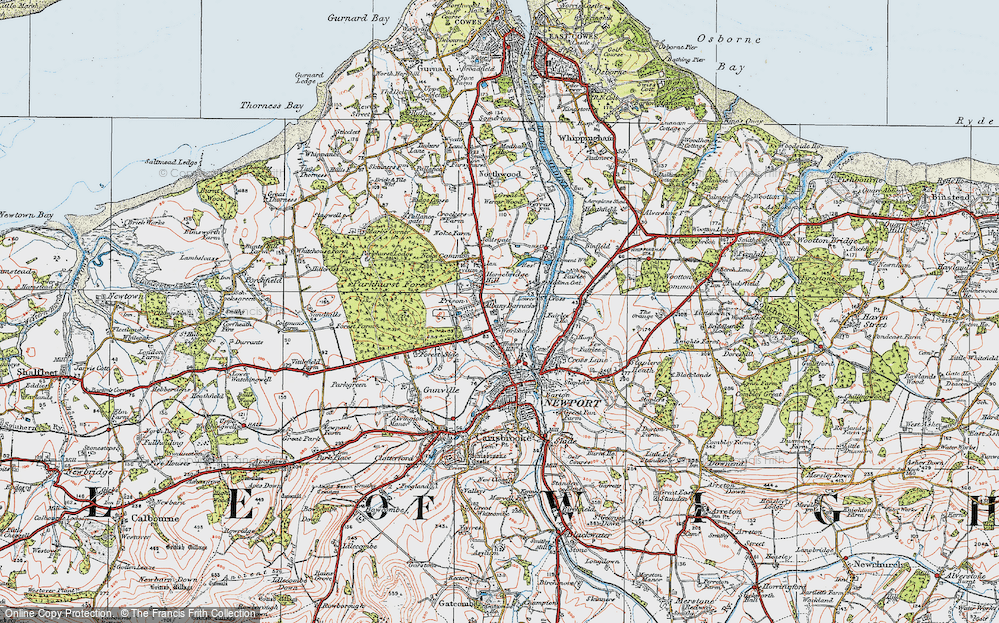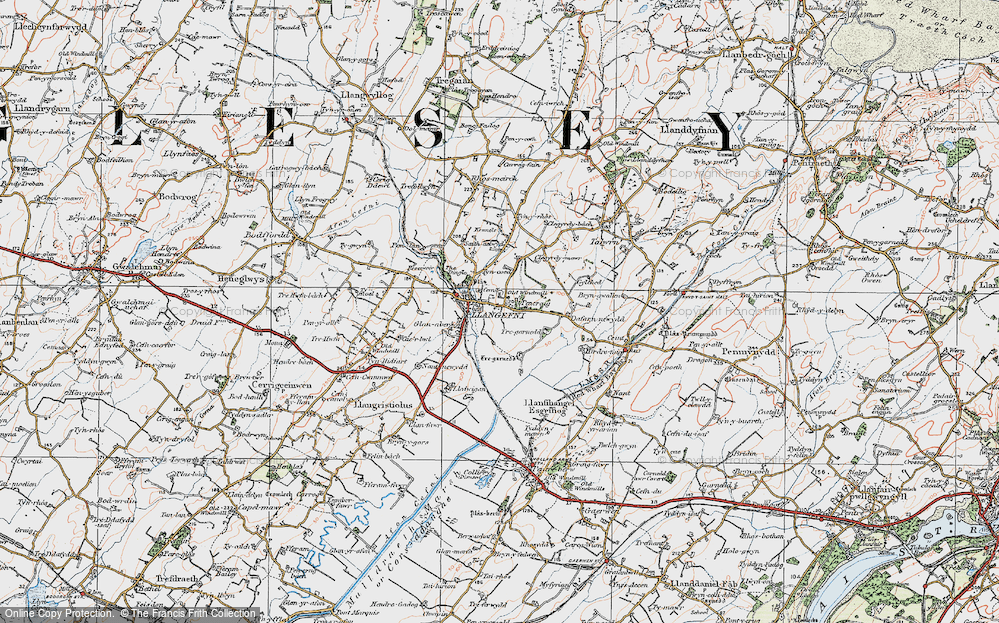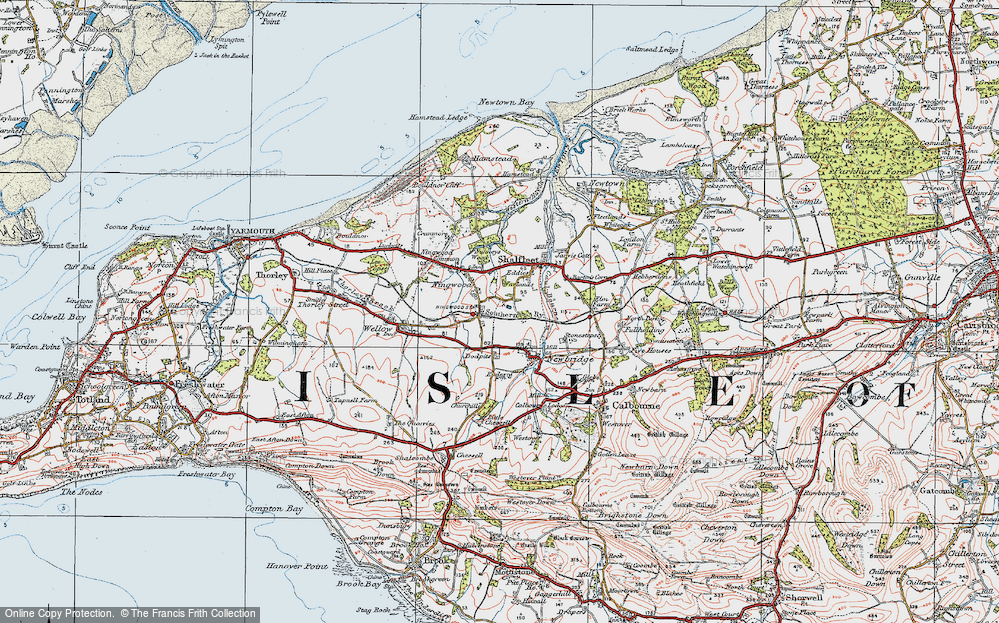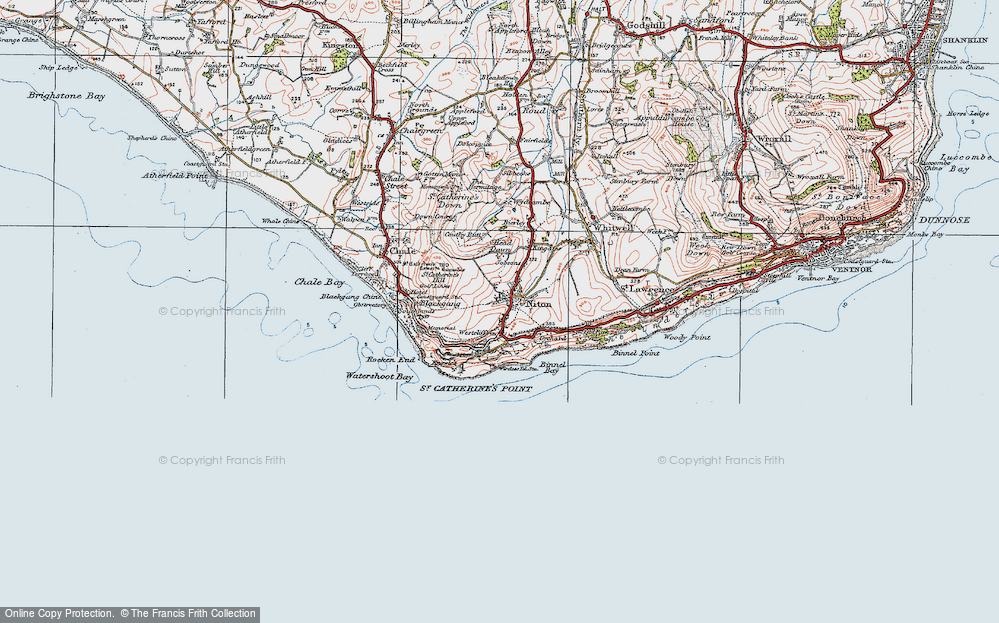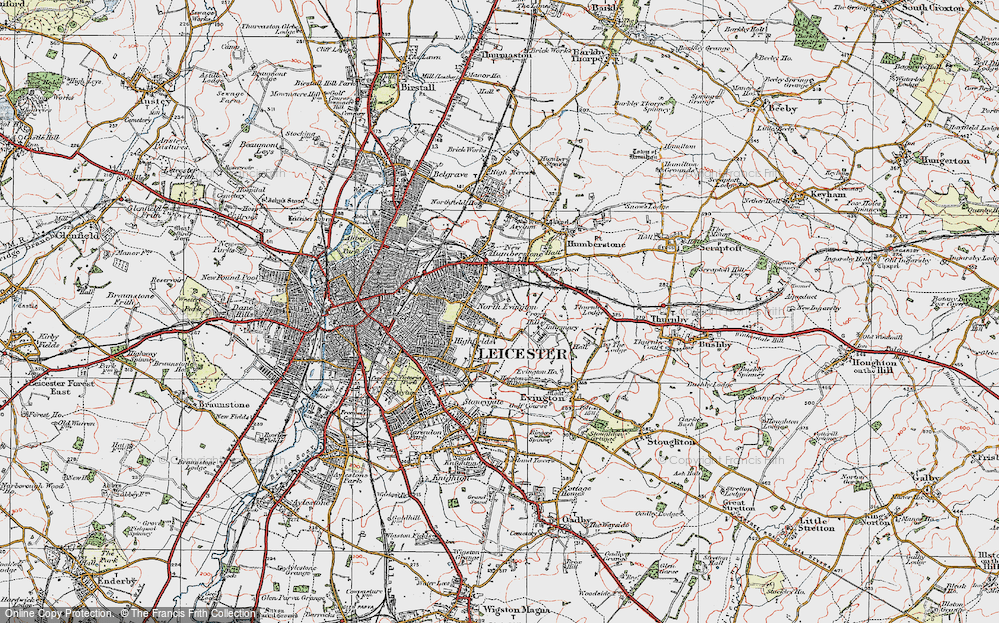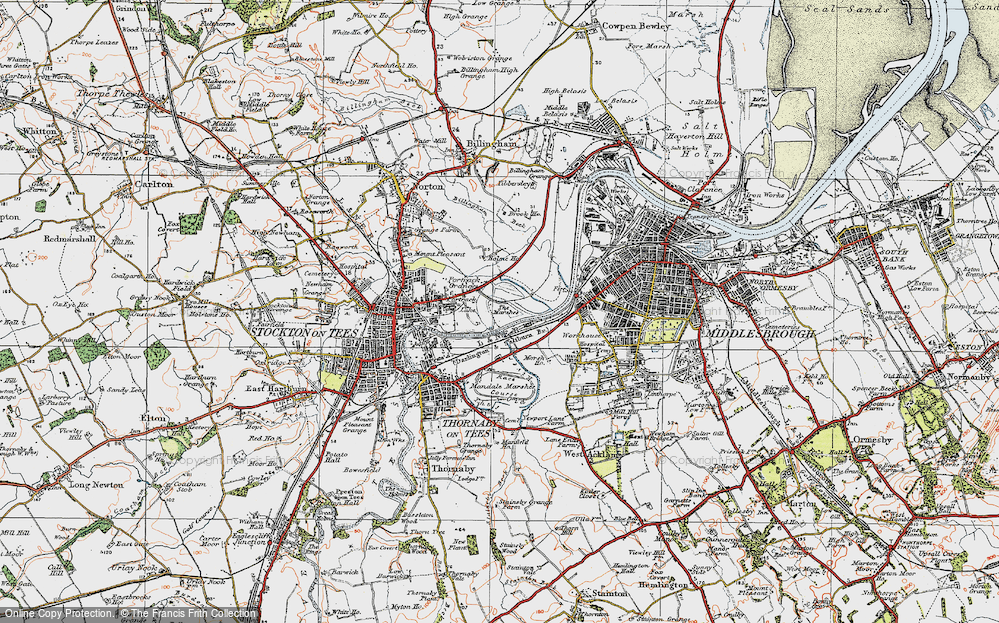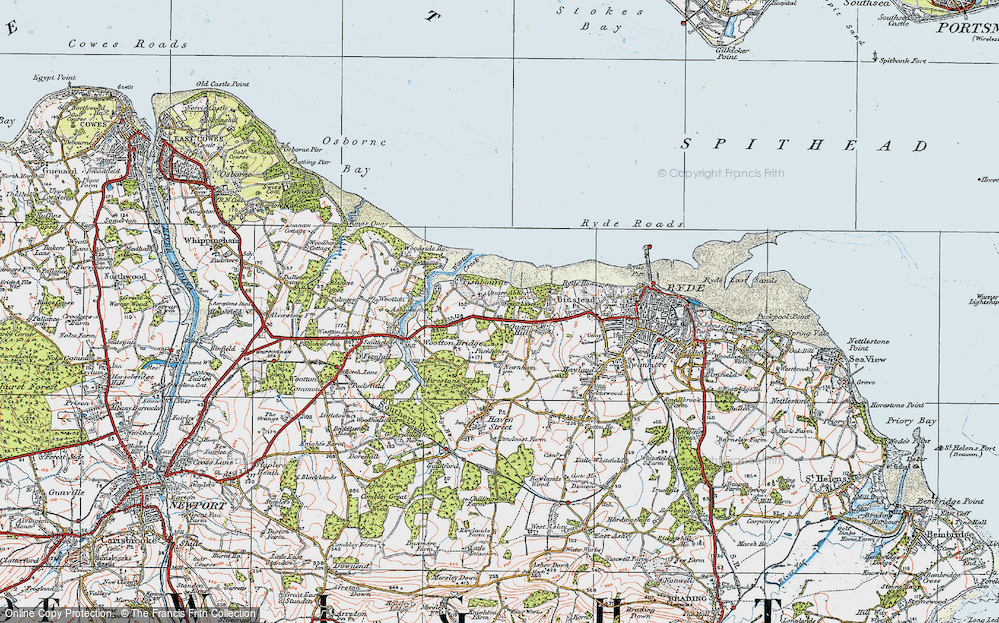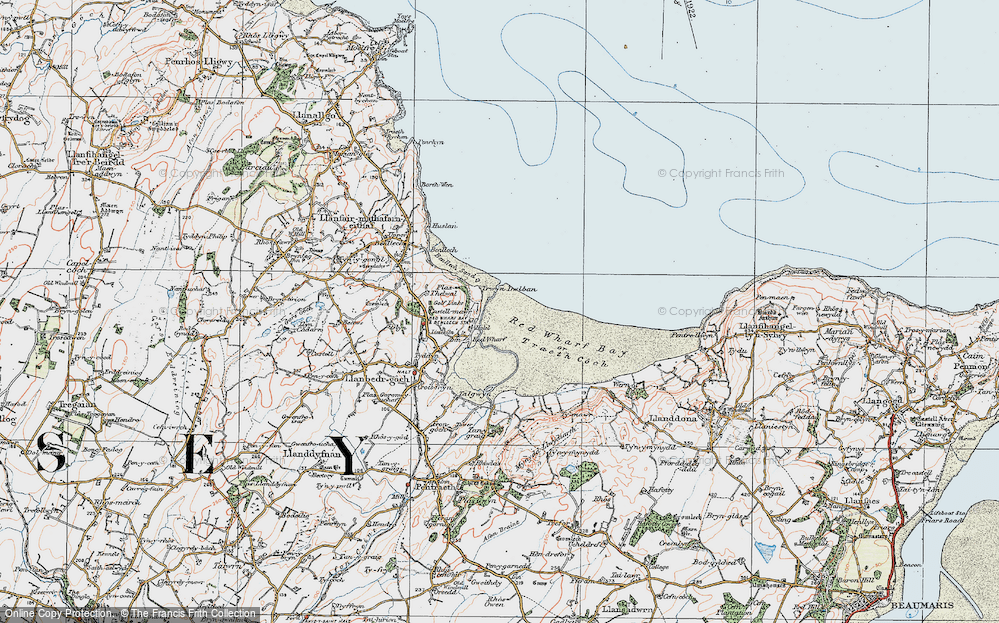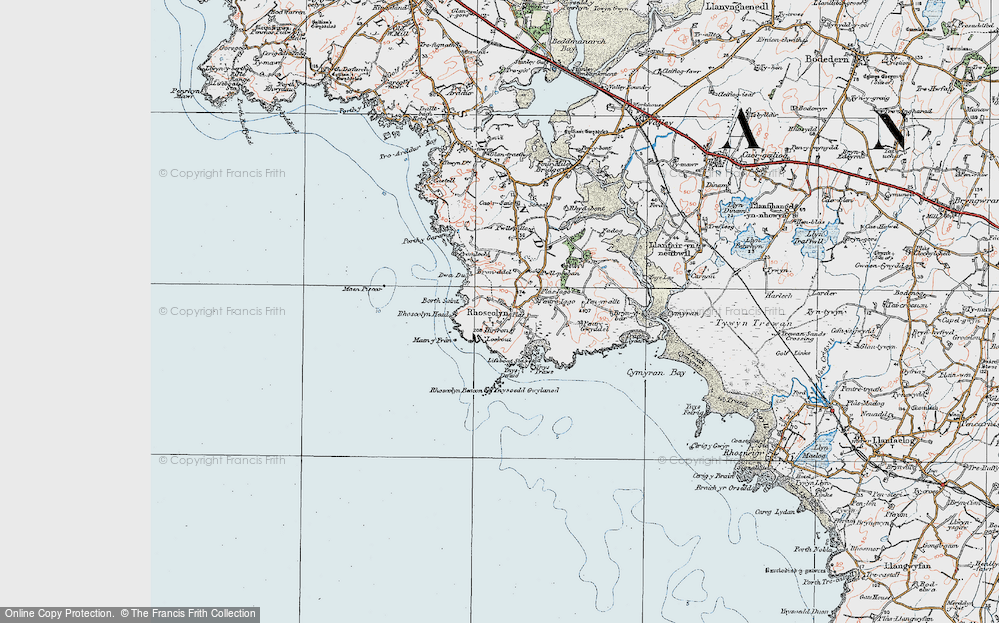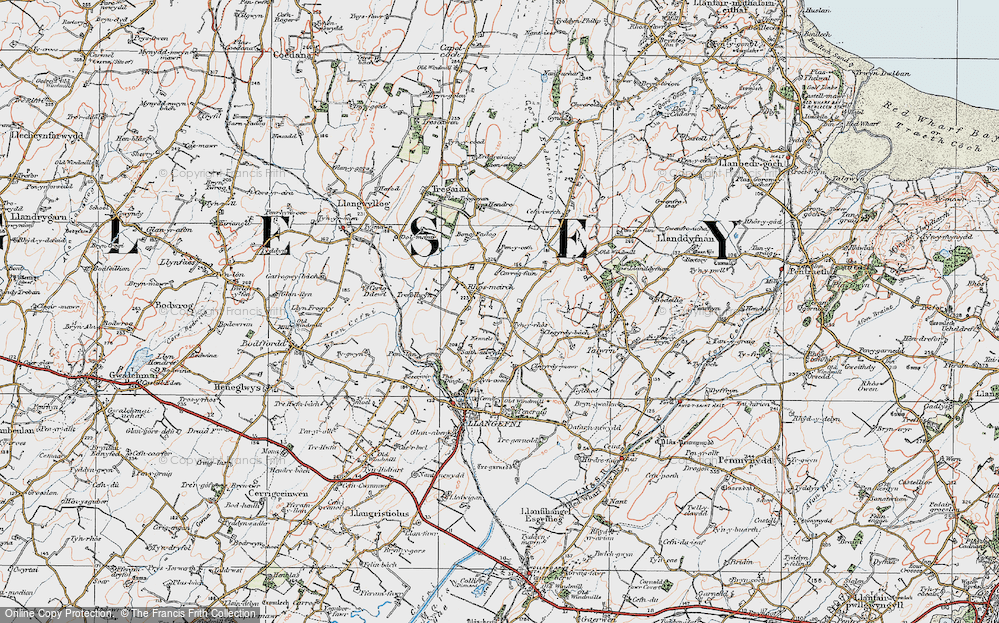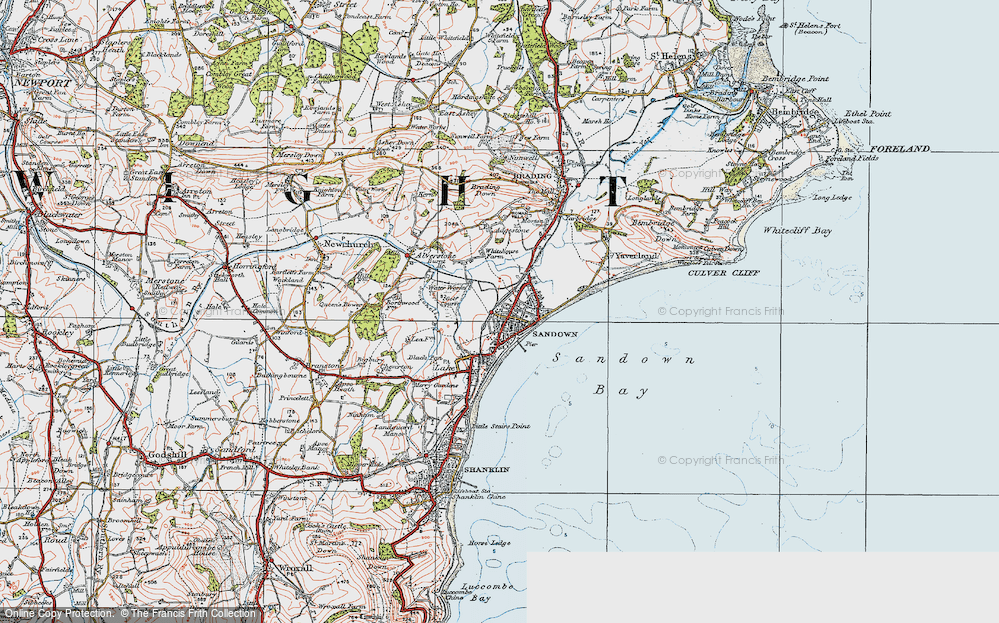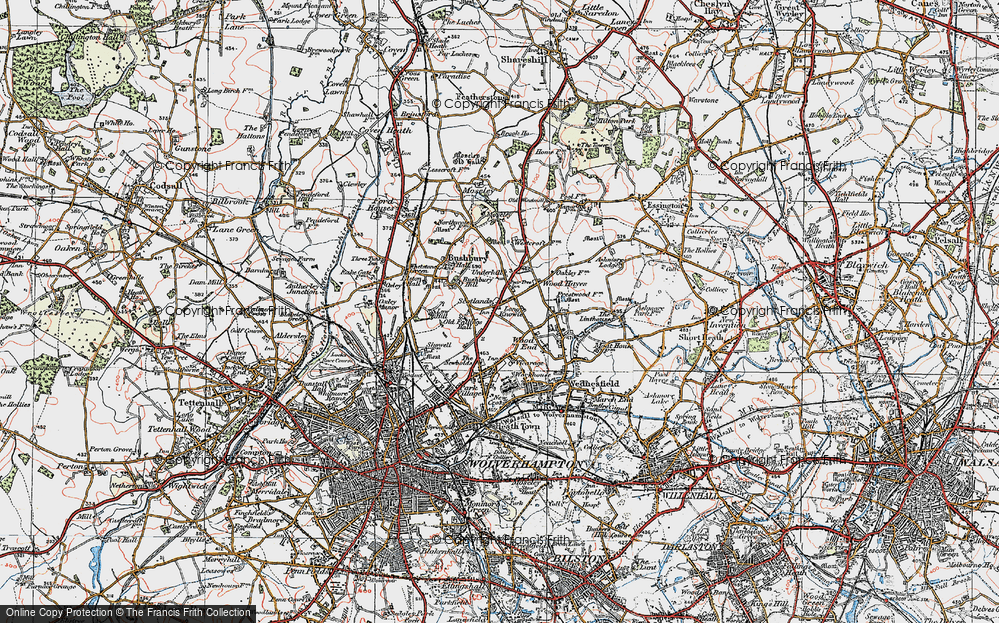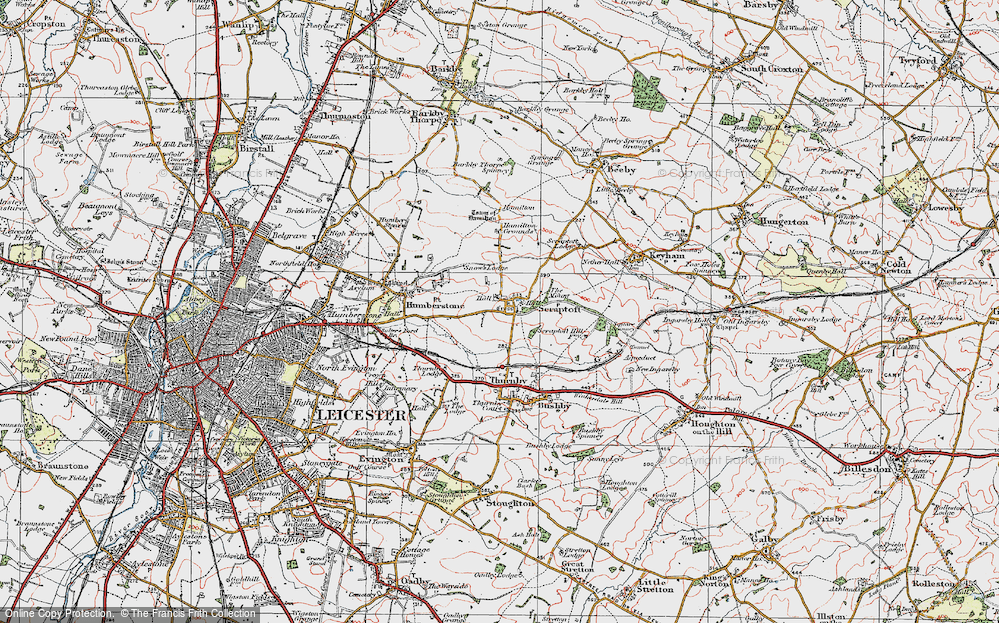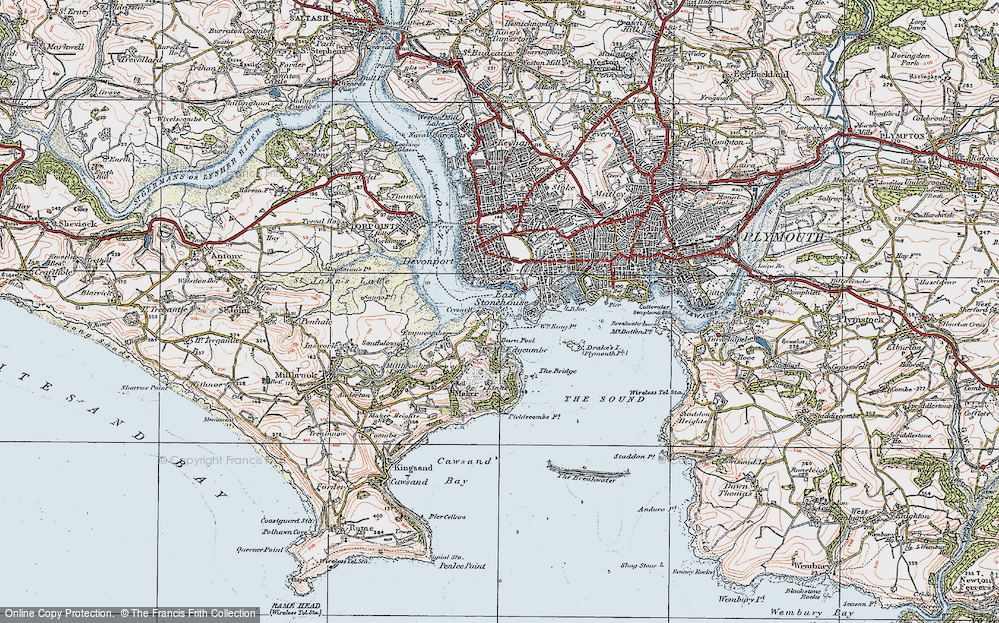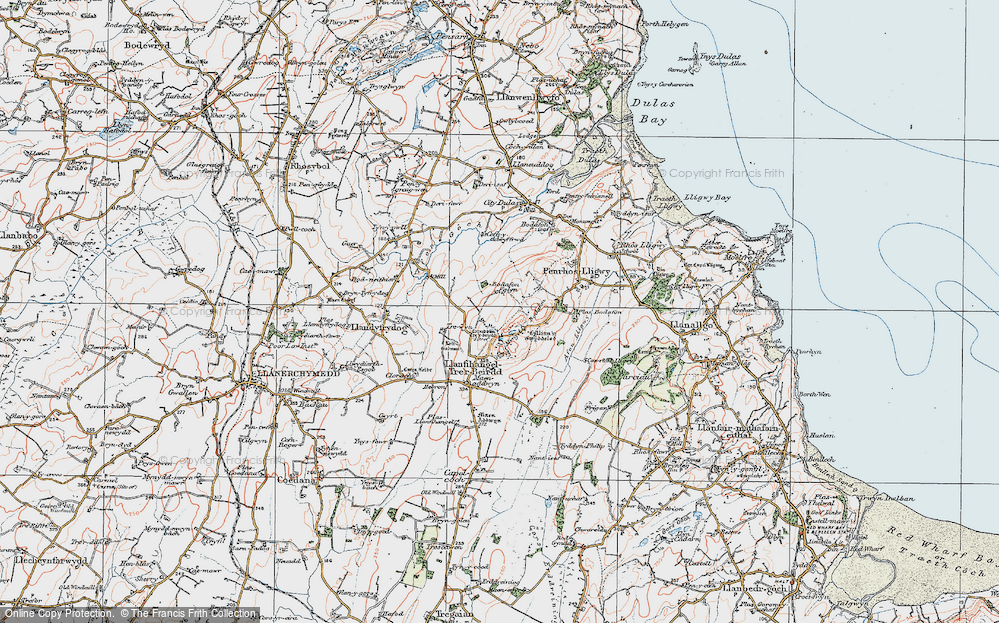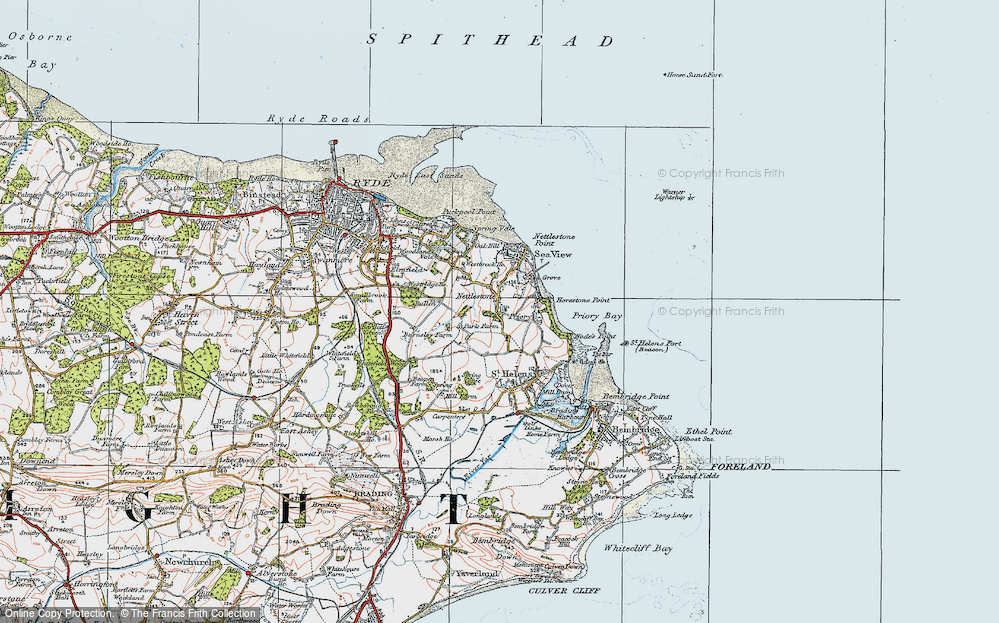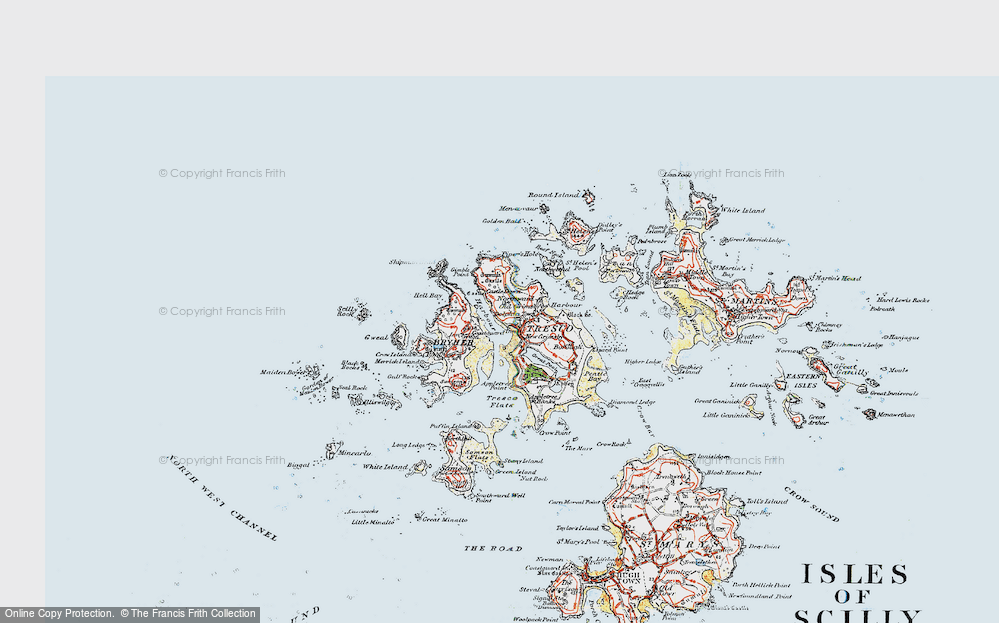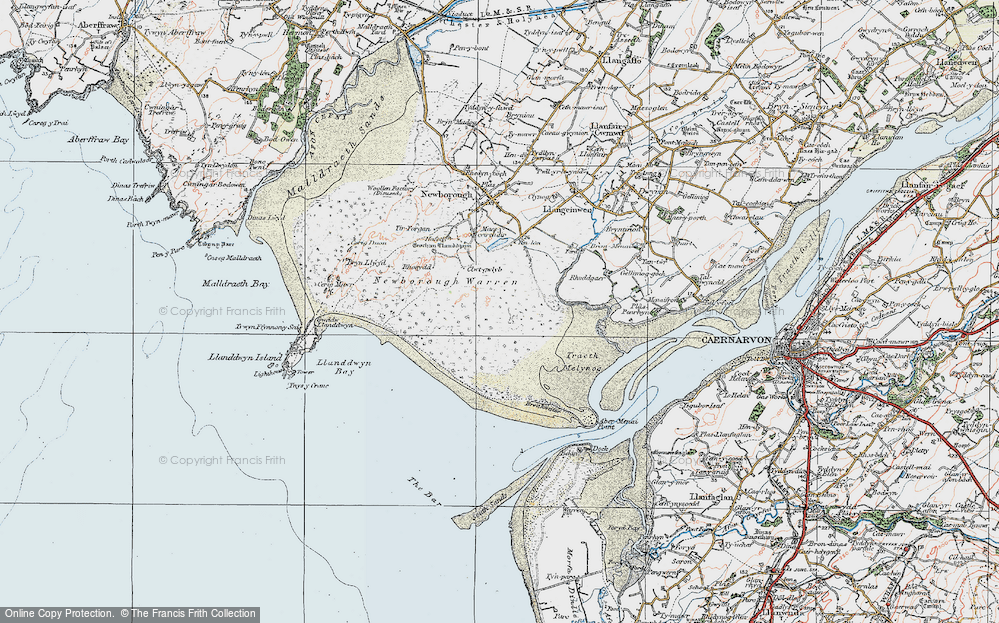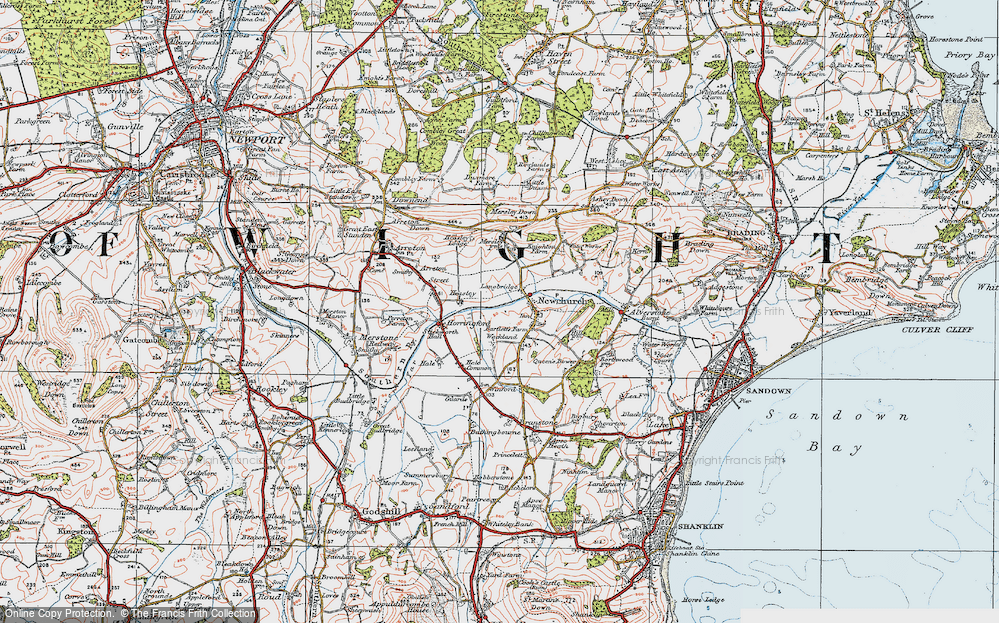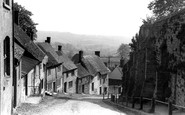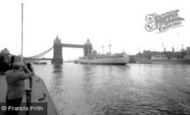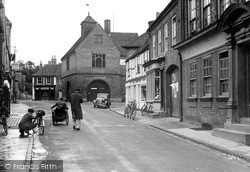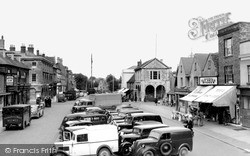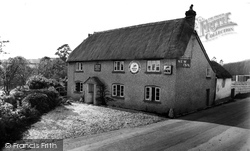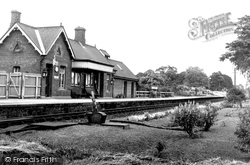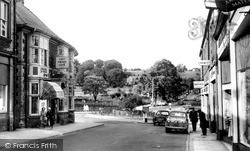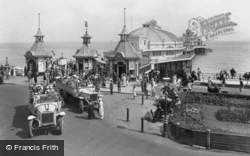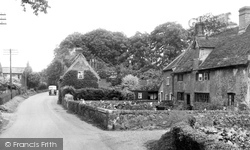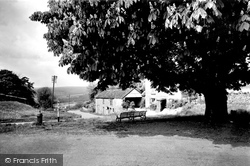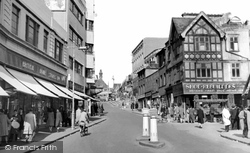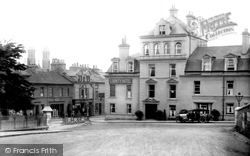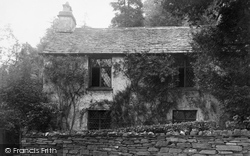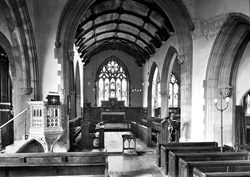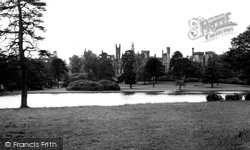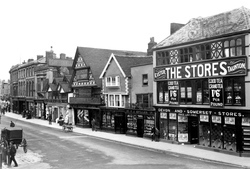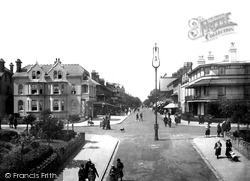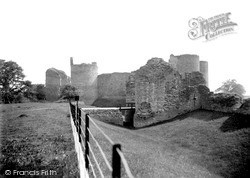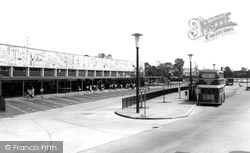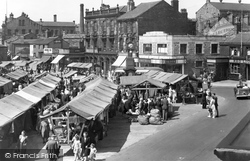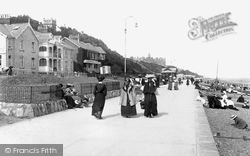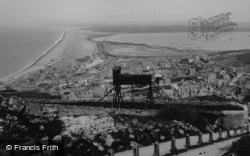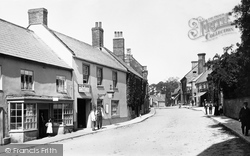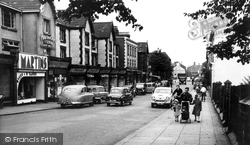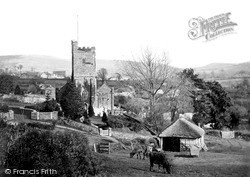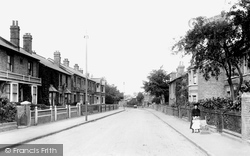Places
Sorry, no places were found that related to your search.
Photos
Sorry, no photos were found that related to your search.
Maps
7,034 maps found.
Books
163 books found. Showing results 3,697 to 3,720.
Memories
22,912 memories found. Showing results 1,541 to 1,550.
Bournemouth
We enjoyed a wonderful family holiday in the sixties, staying with Mrs Honeygold in a lovely house near Horseshoe Common. We still have a few photos of our visit to Compton Acres, a beautiful garden just outside town. Although it is ...Read more
A memory of Bournemouth in 1964 by
Blacksmith Arms Pub
We used to have children's parties here, I remember a Christmas party in the large hall attached to the pub, with all the village children and there was always a huge Christmas tree in the car park with fairy lights. ...Read more
A memory of Rothwell in 1974 by
I Was Born In Shaston (Thomas Hardy) In 1951
Moved around a bit. Can't remember. But I remember going to school at Buckhorn Weston primary school near Gillingham at the age of 5 and I was May Queen. There were photos. Does anyone out there remember ...Read more
A memory of Shaftesbury in 1956 by
Farraline Hall
Moved to Farraline Hall, Errogie in 1950 from Leeds. Dad was estate manager. Me and my brother Jeff and sister Jennifer in the back of a 7 ton flat lorry, sat on mattress under canvas in the back of it. I went to Errogie school, had to ...Read more
A memory of Errogie in 1950 by
Fab Times
I always remember our Mum and Dad taking my brother Jimmy and myself to St Combs, staying with Mrs Buchan and No 3. High Street. She was the nicest lady in the world, but deaf unfortunately. We would go for walks along the beach, then ...Read more
A memory of St Combs in 1870 by
Jtbells
This is the year I started on the building sites in 1963, I got a job on J. T. Bell's site in Whickam, the site hadn't been running long then as it was in the first stage. All the lads were mainly from Newburn, Lemington, and Throckley. If ...Read more
A memory of Newburn in 1963 by
Thomas Binns 1845 1921 No 1 The Green Later No 3 Grange Cottages
Hello - I would be very grateful for any information - especially photos - of my ancestor Thomas Binns who moved from Cowling to Micklethwaite c. 1898. He had built Carr ...Read more
A memory of Micklethwaite in 1900 by
Mr Mrs Robbins Fish Chips Shop
I remember my childhood at Browning Road where we lived opposite the Robbins family who owned the fish and chips shop. I used to help cutting the chips and skinning the skate. They had two daughters, Audrey and ...Read more
A memory of Leytonstone by
Will It Be Open?
My family moved from Bermondsey, where we shared my grandad's house, to Enfield, where Mum and Dad had managed to buy their own house (for £2,000) in 1960. It was some years before Dad could afford driving lessons and then a car. We ...Read more
A memory of London in 1966 by
The War Years And Later
I lived in Annesley Woodhouse from 1936-1950, when I was conscripted into the R.A.F. for national service. I attended Kirkby Woodhouse School. The Owston's owned the post office, and the Chancellor's, succeeded ...Read more
A memory of Annesley Woodhouse in 1930 by
Your search returned a large number of results. Please try to refine your search further.
Captions
9,654 captions found. Showing results 3,697 to 3,720.
Thomas Stonor built the Town Hall in 1664 to commemorate the restoration of the monarchy at the end of the Civil War.
The town council still holds its meetings at the 17th-century Town Hall - note its open loggia. The building is owned and maintained by a charitable trust.
The River Piddle winds beneath the chalk downlands of Dorset, giving its name to several villages along the way before reaching the sea at Poole Harbour.
Neatly-kept gardens and colourful flowerbeds brighten the station buildings at Burgh-by-Sands, a small village near the mouth of the Eden on the Solway Firth.
We are looking north towards Friary Gardens and Queens Road across the roundabout at the junction with Victoria Road. King Street became one-way for outbound traffic in 1994.
In 1912 the entrance kiosks were rebuilt with more exotic roofs; beyond is the then new bulbous-roofed Music Pavilion, erected in 1924 at a cost of £15,000.
The high pitch of the roof on the house to the right suggests that it may originally have been of thatch.
A deserted seat stands invitingly under the spreading chestnut tree on the village green at Cropton, four miles from Pickering on the southern edge of the North York Moors.
A view north up Church Street with Surrey Street Market to the right.
The County Hotel is one of the main hotels in the centre of Kendal; it dominates this part of the old town, whose wealth was founded on the woollen and textile industries.
William Wordsworth lived with his sister, Dorothy, at Dove Cottage, just outside the village, from 1799 to 1813. He wrote some of his best known poetry here.
The pleasing interior of the church is the result of Sir George Gilbert Scott's work. He had the choir stalls re-arranged to allow more space.
In 1831 John, Earl of Shrewsbury, made this house his permanent home.
Where better to begin an exploration of Taunton town than in Fore Street, very much the centre of this ancient Borough.
Frederick Barnes of Ipswich was appointed architect and it was hoped to open the new hotel, to be called the Royal Hotel, in time for the 1872 season.
It is not difficult to see why the grassy inner ward of this formidable castle became one of the picnic destinations of Rudolf Hess.
The bus station managed to combine functionalism with aesthetics. The mosaic along its fascia measures 315?×?13ft, and consists of 16,000 hand-printed tiles. The artist was John Gordon.
Long the centre of the town's social and political life, the Market Square contained many inns, including the George and Dragon, the Woodman, the Red Lion (on the right), and the Brown Cow.
By this time, the two-mile-long concrete promenade at Felixstowe had been constructed, offering a pleasant walkway between the gardens of the hotels on the left and the shingle beach on the right of this
Chesil Beach, seen here from the Isle of Portland, is a great ridge of shingle eight miles long, with a lagoon of brackish water between it and the mainland.
In its heyday, Beaminster could boast at least seventeen inns, built to cater for the many farmers who came to town for the weekly market, as well as passengers on the Crewkerne to Bridport coach.
There was a time when Crewe market was at its busiest after 6.30pm, workers having gone home for a bite to eat before coming out to shop.
The thatched linhay was ubiquitous at the time of this picture. Today, they are hard to find. Are the cows thin versions of the shorthorn, the standard milk cow of the era?
We are standing at the corner of Lady Lane, looking east. It is a road of late Victorian houses with names like Pretoria Villas, Rebecca Place and Grasmere.
Places (0)
Photos (0)
Memories (22912)
Books (163)
Maps (7034)


